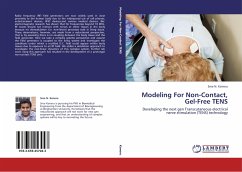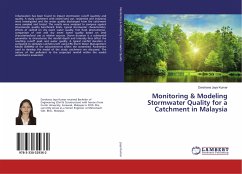Radio frequency (RF) field generators are now widely used in close proximity to the human body due to the widespread use of cell phones, entertainment devices, RFID devices,and various medical devices. Bio-electromagnetic research has shown that for frequencies beyond 10 MHz, RF waves should not interact with nerves or other tissues in the body because no demodulation (i.e. non-linear) processes exist in living tissue. These observations, however, are made from a reductionist perspective, that is, by assuming there is no coupling between the body tissue and the field generator. Here we take a complex systems perspective and assume the field generator is coupled to the living system and investigate the conditions under which a rectified D.C. field could appear within body tissues due to exposure to an RF field. We utilize a simulation approach to investigate the non-linear dynamics of this complex system. Further lab work using this approach has resulted in the development of a prototype non-contact TENS unit.
Bitte wählen Sie Ihr Anliegen aus.
Rechnungen
Retourenschein anfordern
Bestellstatus
Storno








